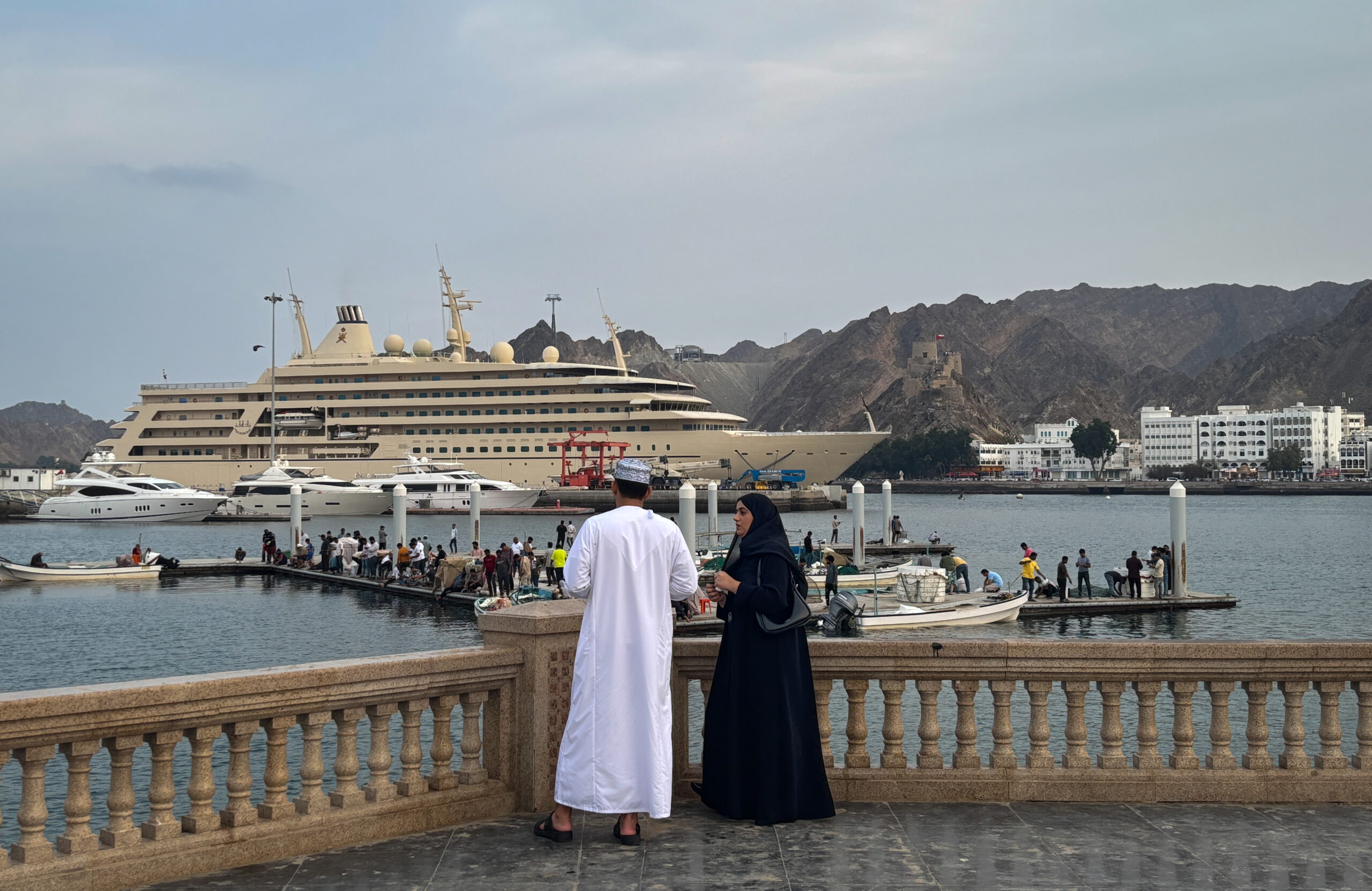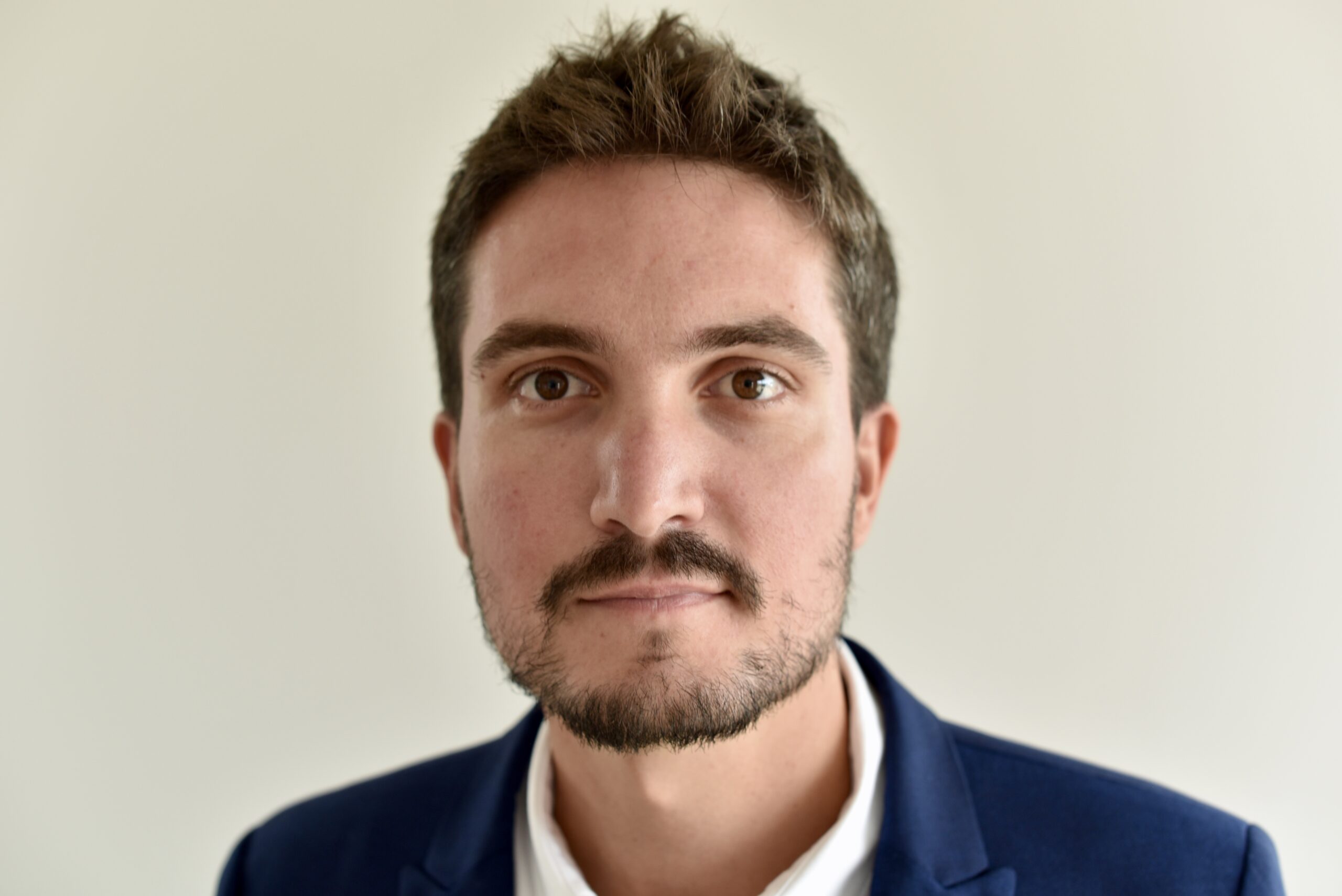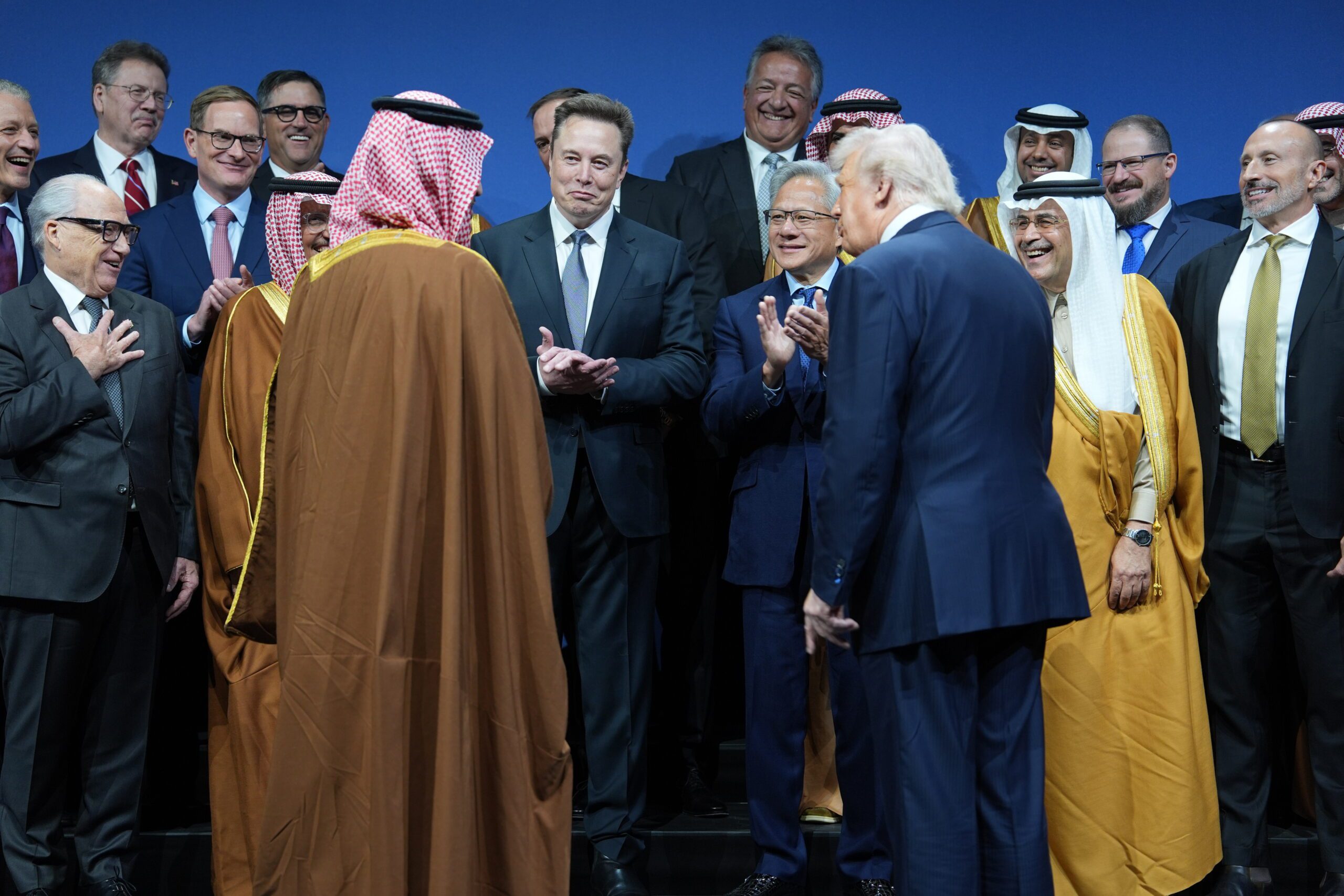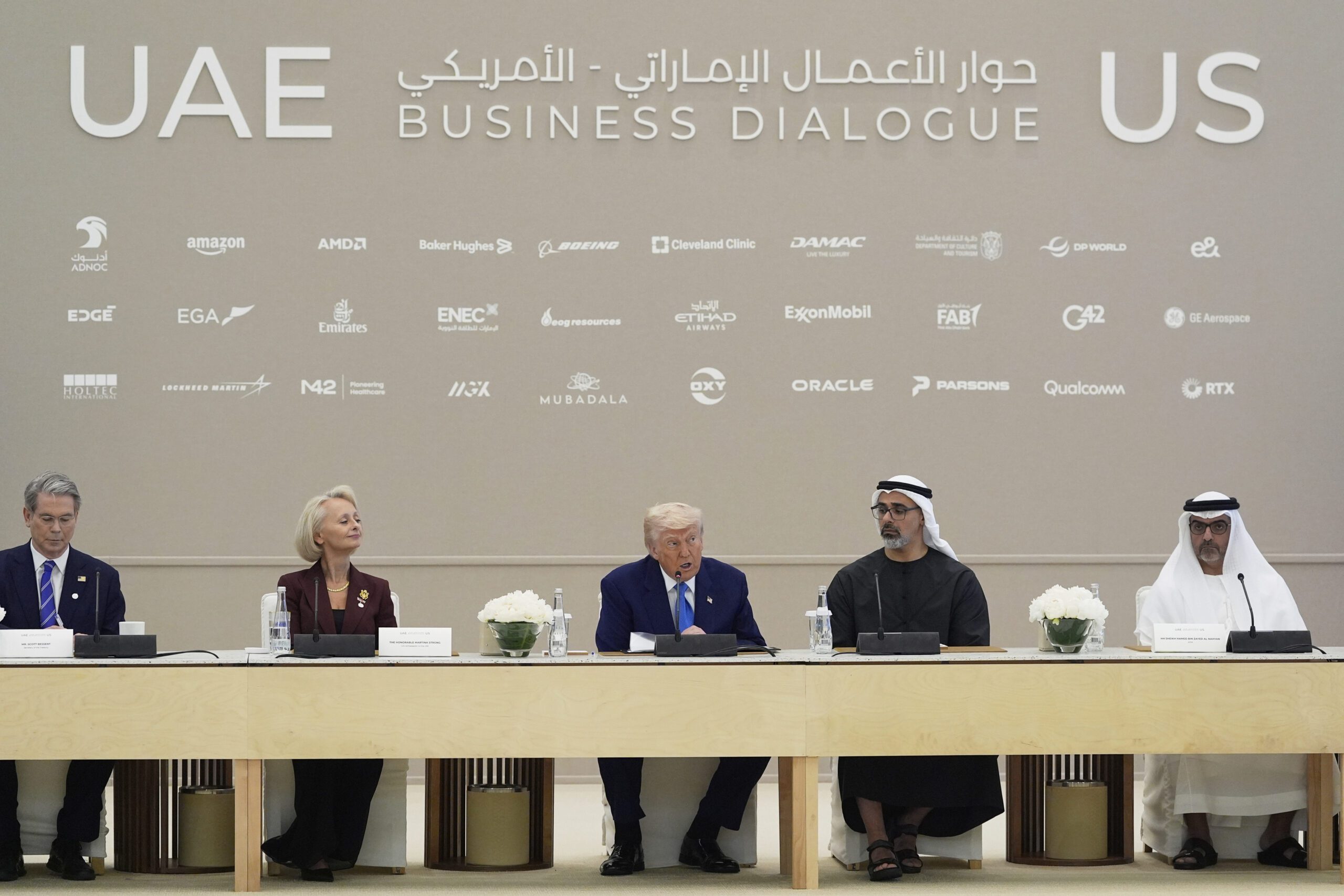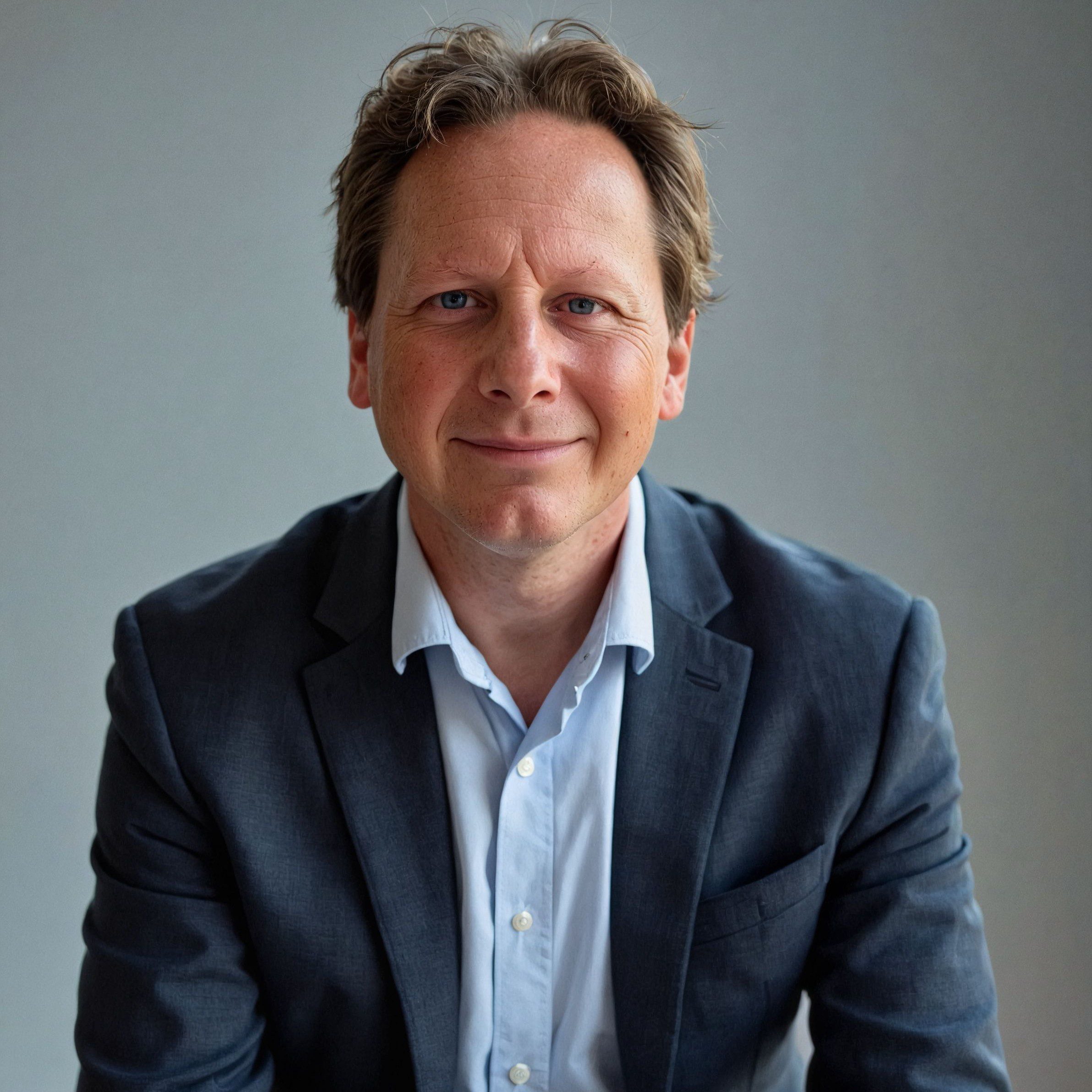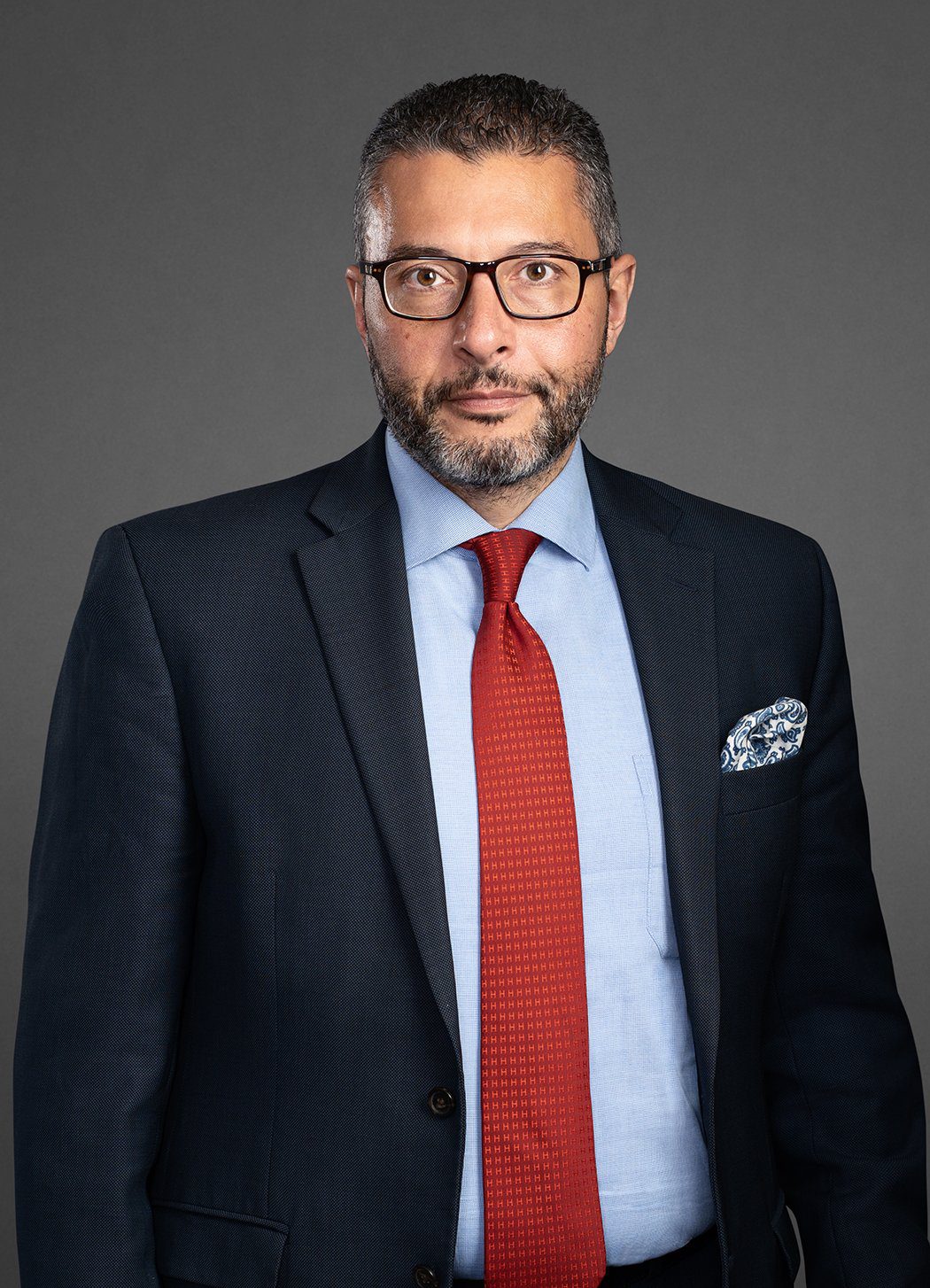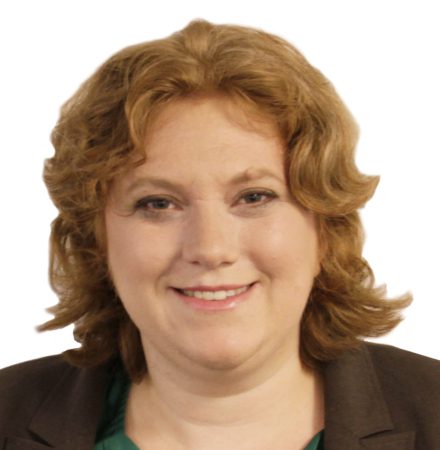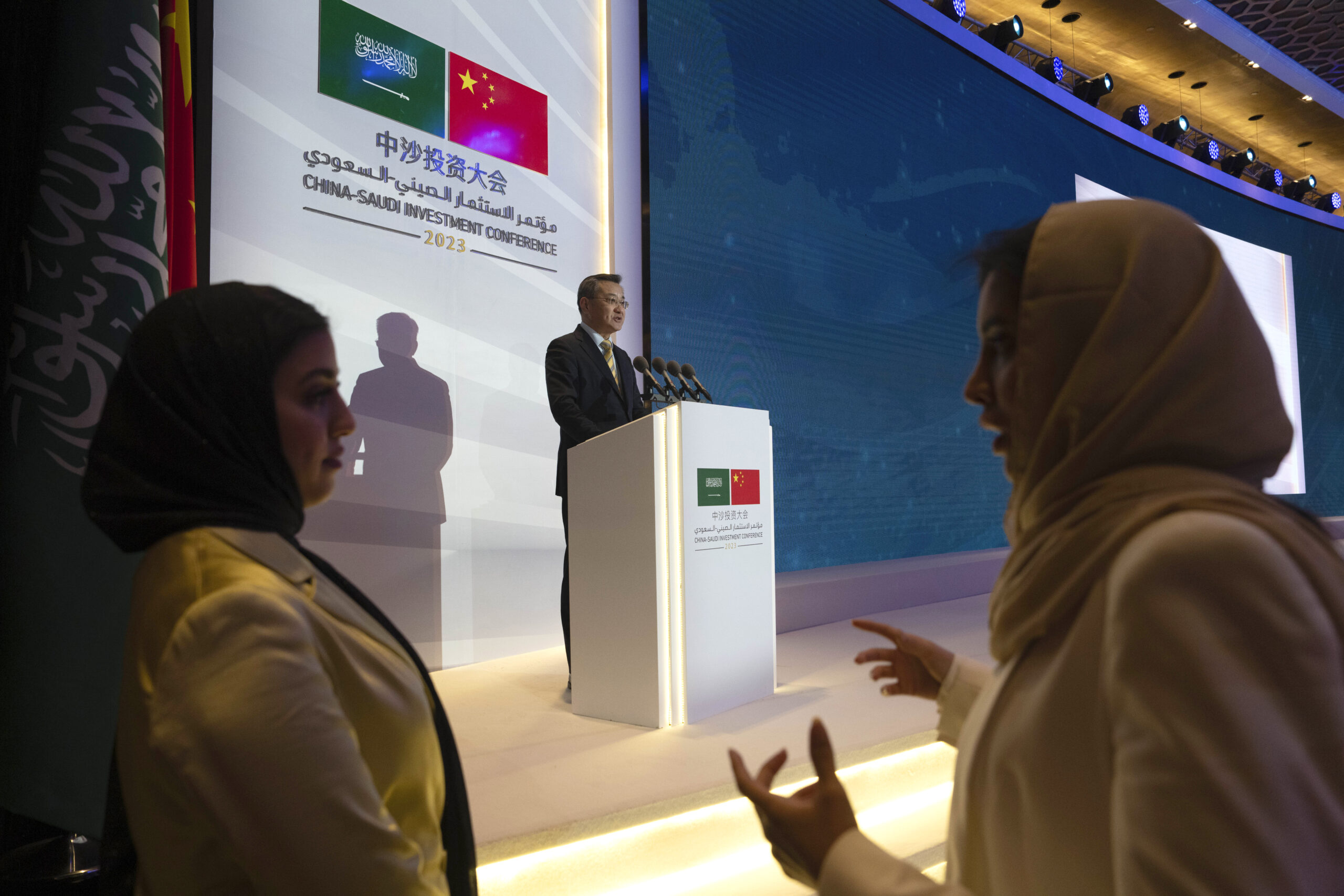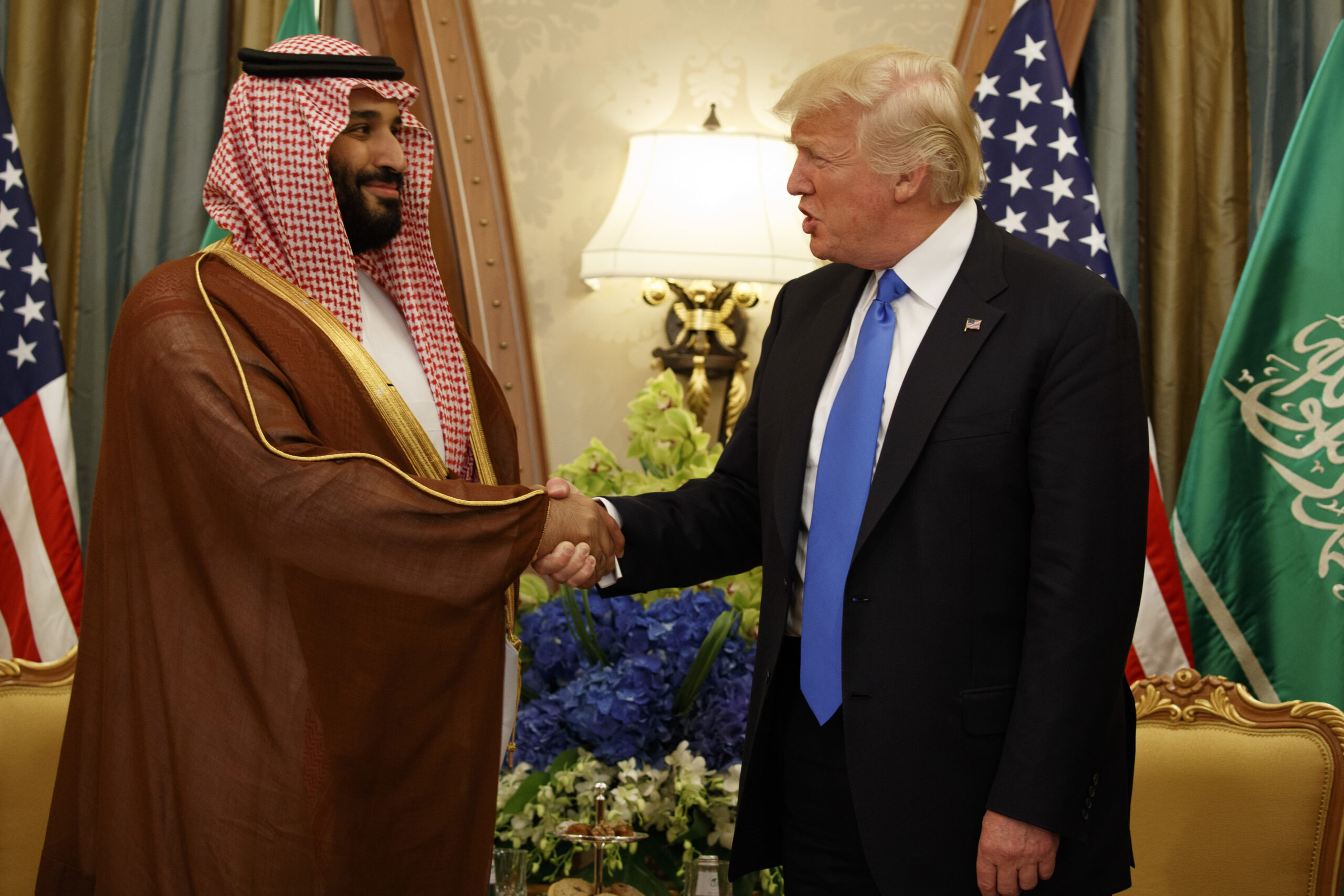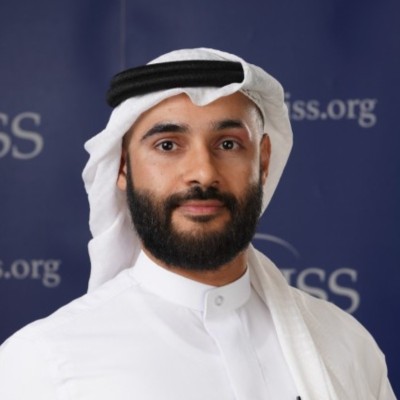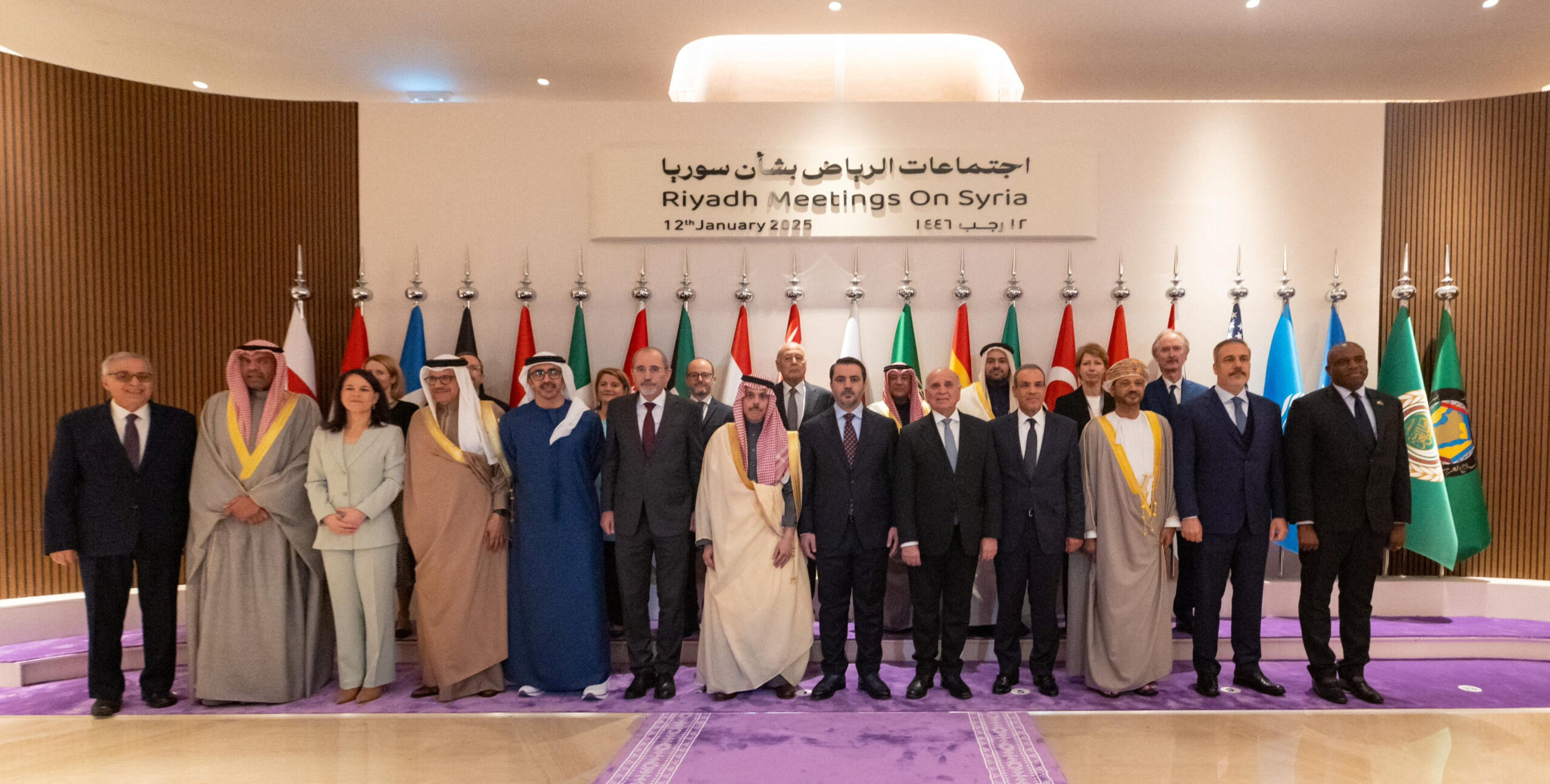UAE Moves to Retain and Attract Talented Expatriates
Emirati officials are rolling out an array of policies and initiatives intended to attract higher-skilled expatriates, but overlapping initiatives will likely heighten regional competition over foreign talent.

A 2021 study by Boston Consulting Group listed Dubai as the third and Abu Dhabi as the fifth most desirable cities globally for overseas relocation. These positive rankings emerged alongside the release of conflicting and contentious population figures for the United Arab Emirates, a country where expatriates constitute a majority of residents. According to S&P Global Ratings, Dubai’s population contracted by an estimated 8.4% in 2020 – the steepest decline in the Gulf region. Abu Dhabi’s 5% estimated population decline in 2020 was smaller than Dubai’s but still higher than the Gulf Cooperation Council country average of 4%. The Dubai Statistics Center refuted these figures, reporting instead a population growth of 1.63% in 2020. In further defiance of pessimistic demographic forecasts, Dubai’s government predicted that the emirate’s population will swell by 76% over the next two decades.
The differing population estimates nevertheless have a common thread: The UAE’s expatriate population is central to economic development trajectories within the country. Population contractions driven by outflows of expatriates are likely to have outsized economic impact, given that expatriates account for more than 90% of Dubai’s total residents and approximately 80% of the population in Abu Dhabi. UAE officials – as well as those in neighboring Gulf Arab states – are therefore rolling out an array of policies and initiatives intended to retain and attract higher-skilled expatriates.
In January, the UAE announced legal changes permitting certain expatriates to receive Emirati citizenship. The naturalization procedure appears based on nomination by royal court officials or members of the government rather than an objective application process. The scope of benefits afforded to naturalized expatriates remains unclear. On the one hand, this announcement is symbolically significant, given the controversy surrounding previous calls to allow expatriates to apply for UAE citizenship. On the other hand, the naturalization measures have been preceded by several initiatives in recent years enabling select expatriate residents to reside longer in the country.
The federal government and those at the emirate level in the UAE rolled out several visa and residency schemes in the wake of the coronavirus pandemic and oil price rout of 2020. The country’s Cabinet passed a resolution in January permitting foreign university students in the UAE to sponsor their family members, provided that they can afford suitable housing. In March, Dubai’s government announced that it will grant 1,000 cultural visas to artists and other “creators.” Dubai had launched another tailored visa scheme in October 2020 allowing remote workers and their families to relocate to the emirate.
These recent long-term visa schemes build upon earlier initiatives. The UAE’s launch of a golden visa system in 2019 coincided with an easing of foreign ownership regulations in the country. Talented expatriates and specialized professionals are eligible to apply for the 5- and 10-year golden visa, which is automatically renewable. In 2018, the Cabinet approved a law permitting a 5-year renewable retirement visa for residents over 55 years old, and a shorter-term medical treatment visa has been available since 2017. Other visa options exist for entrepreneurs and real estate investors.
UAE authorities also implemented social and legal reforms – at least in part – to improve the appeal of the country for expatriate residents and visitors. In November 2020, the UAE government introduced a series of new laws intended to loosen the influence of Islamic law over foreigners. Cohabitation of unmarried couples and consumption of alcohol have been decriminalized. Other legal changes link divorce and inheritance procedures to the laws and regulations practiced in an expatriate’s home country.
The rapid pace and nature of these citizenship and residency developments entail risks. A subjective nomination process driven by elite actors increases the likelihood for rent-seeking behavior. Some of the high net worth individuals clamoring for a second citizenship or long-term residency options may also come with baggage of an illicit nature. The UAE has long sought to counter persistent concerns over it being a money laundering hub and global tax haven by establishing various financial intelligence units and committees. In February, the country established a new executive office to prevent money laundering and terrorist financing. The golden visa meanwhile enables foreigners to own 100% of certain businesses outside of free zones, potentially dampening demand for free zone services.
The multitude of visa initiatives will likely heighten competition to attract foreigners – beginning at a subnational level. In February, Abu Dhabi launched Thrive in Abu Dhabi – a program designed to encourage professionals, investors, and students to “set down roots” in the capital emirate. On March 13, Dubai’s ruler unveiled the Dubai 2040 Urban Master Plan, which includes initiatives like increasing the length of public beaches by 400% by 2040 and expanding green spaces to enhance the emirate’s appeal. The plan’s projection of a daytime population of 7.8 million by 2040 would include around 2 million daily visitors from neighboring emirates. The remaining emirates may respond with tailored initiatives but generally possess more limited governmental capacities and financial resources.
The various emirates of the UAE are not alone in seeking to retain and attract talented expatriates who can contribute to economic growth in the Gulf. On February 15, the Saudi government announced that foreign firms’ eligibility to secure government contracts would be linked to their establishing regional headquarters in Saudi Arabia by January 1, 2024. Additionally, part of the economic incentive plan approved by Oman’s sultan in March included the eventual granting of long-term residency visas to foreign investors.
Overlapping initiatives will likely heighten regional competition over foreign talent, but – for now – the UAE remains high on the list of desirable locations for those expatriates looking to stay in or relocate to the Middle East. Increasing the supply of citizenship and long-term residency schemes is the easy part: Global demand for relocation to the UAE meanwhile depends on many variables. New programs in the UAE that focus on retaining expatriates already in the country and enabling more family members to join them may have a greater impact over the short run, with newcomers serving as an added bonus.
The views represented herein are the author's or speaker's own and do not necessarily reflect the views of AGSI, its staff, or its board of directors.

